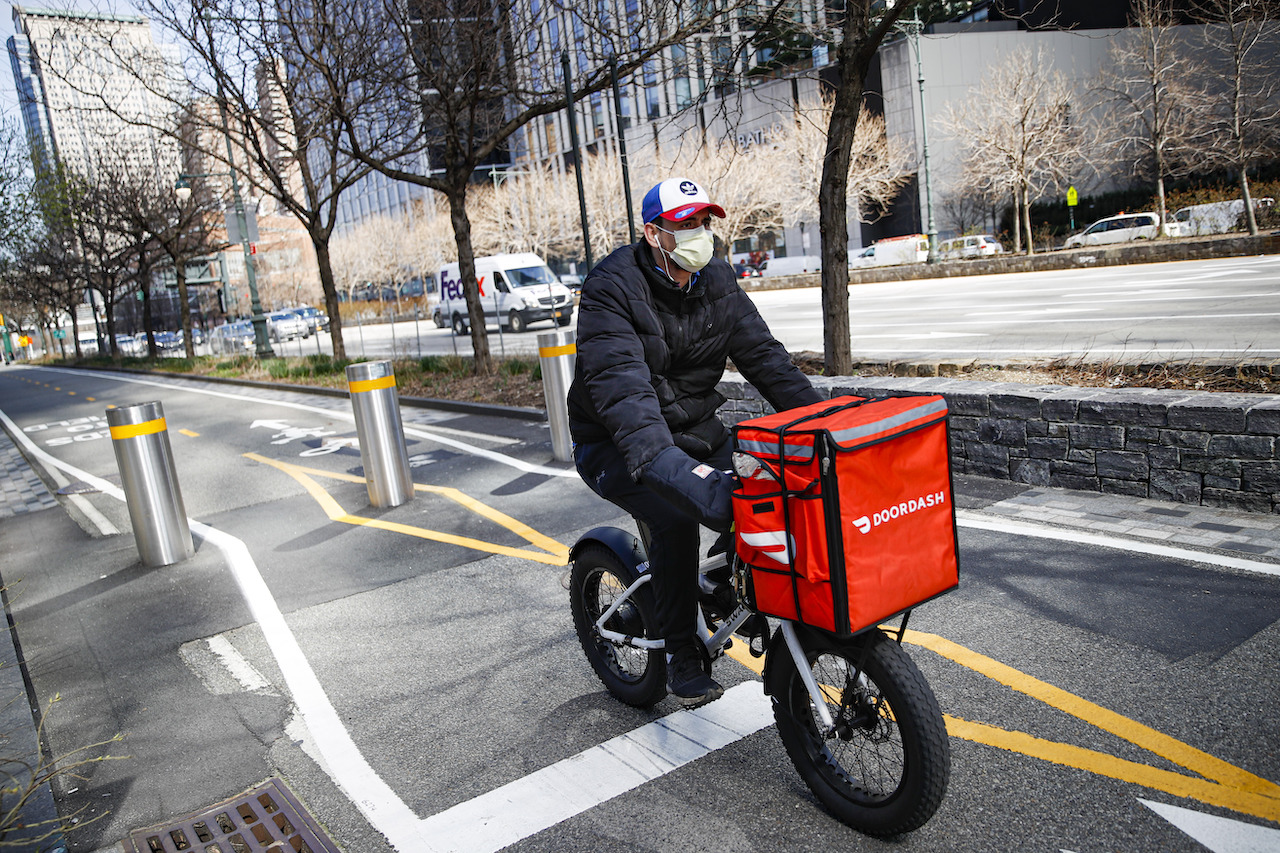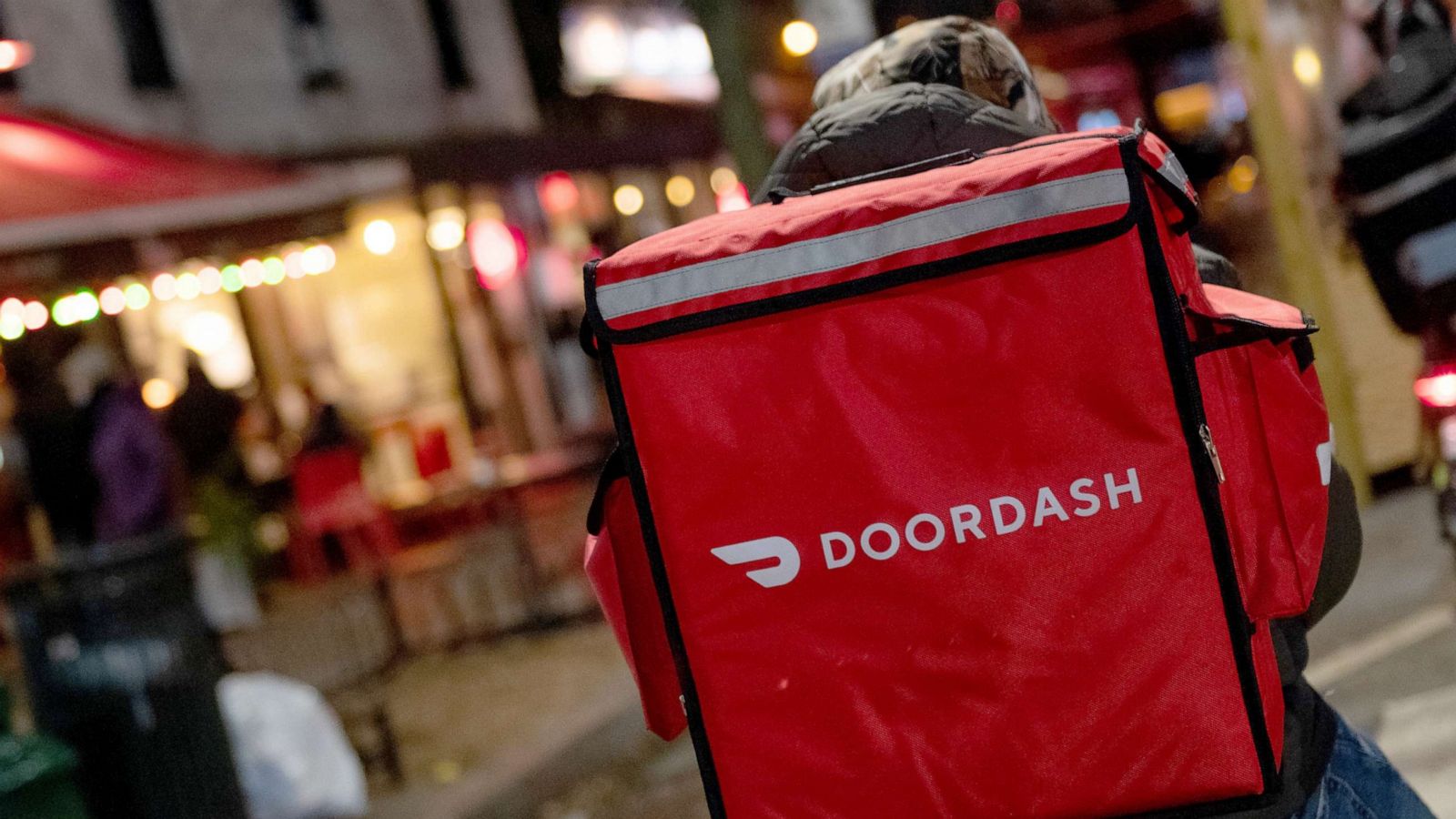Seattle, Washington is grappling with the effects of a radical adjustment to its minimum wage laws, causing a significant downturn in the economic fortunes of local restaurants and gig workers. As the city council deliberates on further revisions, businesses, employees, and consumers are caught in a web of financial uncertainty.

The PayUp Law: A Well-Intentioned Move with Troubling Outcomes
Introduced in 2022, the PayUp bill was designed to safeguard the earnings of gig workers, ensuring a robust minimum wage. Initially, delivery drivers enjoyed earnings of $26 per hour, not including additional compensation for mileage and tips.
However, the repercussions of this mandate were quickly felt across the sector, manifesting most notably in a sharp decrease in customer orders.

“Under these revisions, drivers would still be paid at a guaranteed hourly rate,” Alex Beene, a financial literacy instructor at the University of Tennessee at Martin, explained to Newsweek.
“Yet, when you factor in the other expenses these gig workers face, it would ultimately present a negative effect on their overall pay.”
Minimum Wage: Economic Impact and the Consumer Response
Recent proposals aim to set the minimum wage for gig workers at $19.97, aligning it with Seattle’s citywide minimum, plus an additional $0.35 per mile. This adjustment has sparked a chorus of concern among advocates and workers alike.
Danielle Alvarado, Executive Director of Working Washington, stressed the inadequacy of the proposal, stating, “At the end of the day, this proposal is to return this industry to sub-minimum wages, which is why we oppose it.”
We're here kicking off our #GigWorkers Lunch & Learn! Excited to learn from a panel of workers and national experts to discuss difficulties for workers in Seattle’s gig economy.
Watch Live Here: https://t.co/q6C280E1JF pic.twitter.com/G124aRQwQH
— Councilmember Teresa Mosqueda (@CMTMosqueda) September 3, 2019
The economic backlash has been palpable. DoorDash reported a staggering drop of 300,000 orders in Seattle over the past three months, a decline they attribute directly to the new wage guidelines.
“It’s painfully clear from listening to Dashers, merchants, and consumers that this new law simply isn’t working,” a representative from DoorDash commented. The company highlighted that the enduring presence of this law exacerbates the financial damage across the board.
Uber echoes this sentiment, noting a 30% reduction in delivery orders following the law’s enactment. This stark downturn reflects broader concerns over the viability of well-meaning regulations when faced with real-world economic pressures.
Looking Forward: Adjustments and Anticipation
As the City Council considers a compromise proposal from Drive Forward, all eyes are on the potential financial repercussions for Seattle’s broader economic landscape.
Michael Ryan, a finance expert and founder of michaelryanmoney.com, emphasized the delicate balance required. “Protecting gig workers is important, but the real-world impacts have been pretty brutal for all sides so far,” Ryan told Newsweek.

The ongoing debate in Seattle serves as a crucial case study for other major cities wrestling with similar legislative adjustments. Alex Beene advocates for more transparency in how businesses communicate financial challenges and cost breakdowns to the public.
“We need a breakdown of where all these charges to the customer are going to know how much truth there is to the claim they can’t pay over a certain amount,” he stated.
As the proposed law inches closer to a vote by May 21, Seattle stands at a crossroads, seeking a viable path that respects the dignity of labor without undermining the economic pillars that support the city’s vibrant community.
The outcome will undoubtedly influence future legislative efforts in cities across the nation grappling with the complexities of minimum wage laws and economic sustainability.










